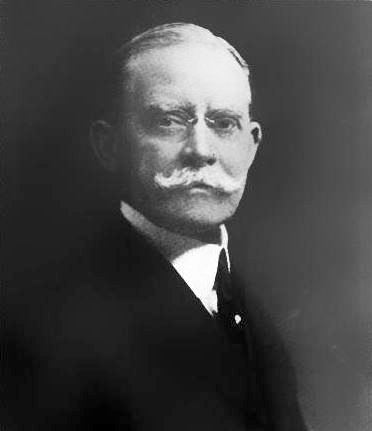Written History
This is the recorded information collected from oral tradition, books, diaries, newspapers, magazines, journals and other written records. To get history out of these, a historian compares the information from the various records, and draws up conclusions based on the real evidence which he has.
He makes sure that what he writes can be proved by or reasoned out from this evidence, While written history is very old in countries like China, Iraq, Egypt and Japan, it is only recent in East Africa. In China, for example, as far back as 4000 years ago there was written history because the emperors and kings had people who could write down the important events of their time.
 J.H Patterson, wrote a lot on East Africa
J.H Patterson, wrote a lot on East Africa
In East and Central Africa, the oldest known writing on the history of Eastern Africa was written between A.D. 50-100, which is hardly 2000 years ago. This book is called the Periplus of the Erythrean Sea by a Greek trader of the Roman Empire, living in Egypt. The Periplus was a guide book to the commerce of the Red Sea and "the Indian Ocean.
Today documents, books, newspapers and journals are the most popular and useful sources of history. There are a number of reasons for this.
First, many people can now read and write. Secondly, written records are more accurate than oral sources. What is written is not easy to change as is often the case with oral history. Thirdly, the materials used in writing are comparatively cheaper than those used in digging up history.
In whatever language history is recorded it can be easily translated into a language we understand.

When this is done, we can read about what happened in other parts of the world hundreds or even thousands of kilometres away. We do not have to take a plane to get to these places. We only open a book of history and then know the history of a given country.
On the other hand, history is written by people who, when writing, may not write correctly because they think their country is better than another, or a certain group of people are not as goods as the others.
These attitudes and practices are called prejudices or biases. So when we read history books we have to be aware of these prejudices or biases by trying to make our own judgements.
Activity 1.4
Get any two or more Newspapers.
a) Find the dates and the publishers of the newspapers.
b) Read at least one article from each newspaper.
2. Give a summary of each article.
Licensed under the Developing Nations 2.0
A Complete East African History ebook